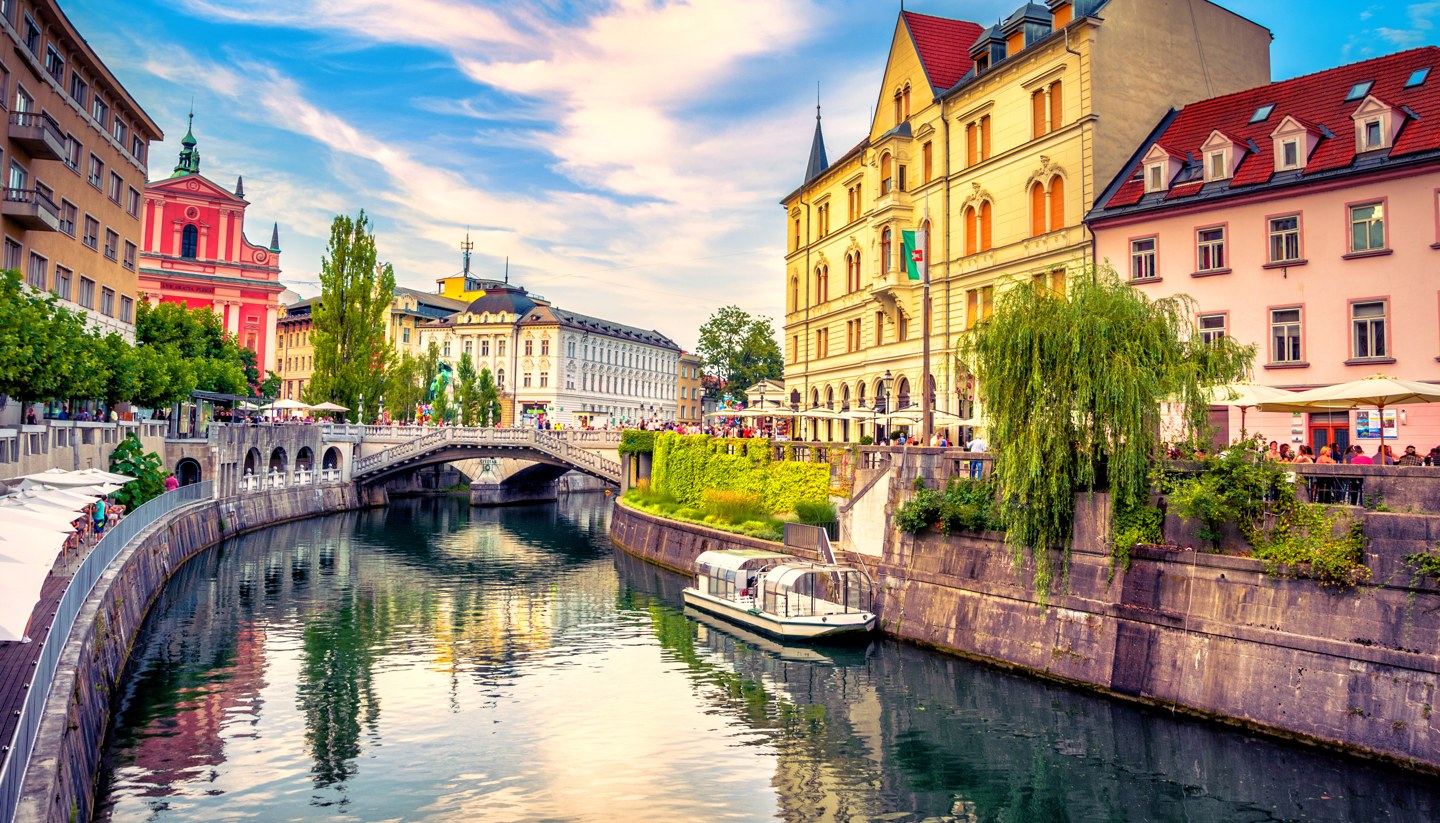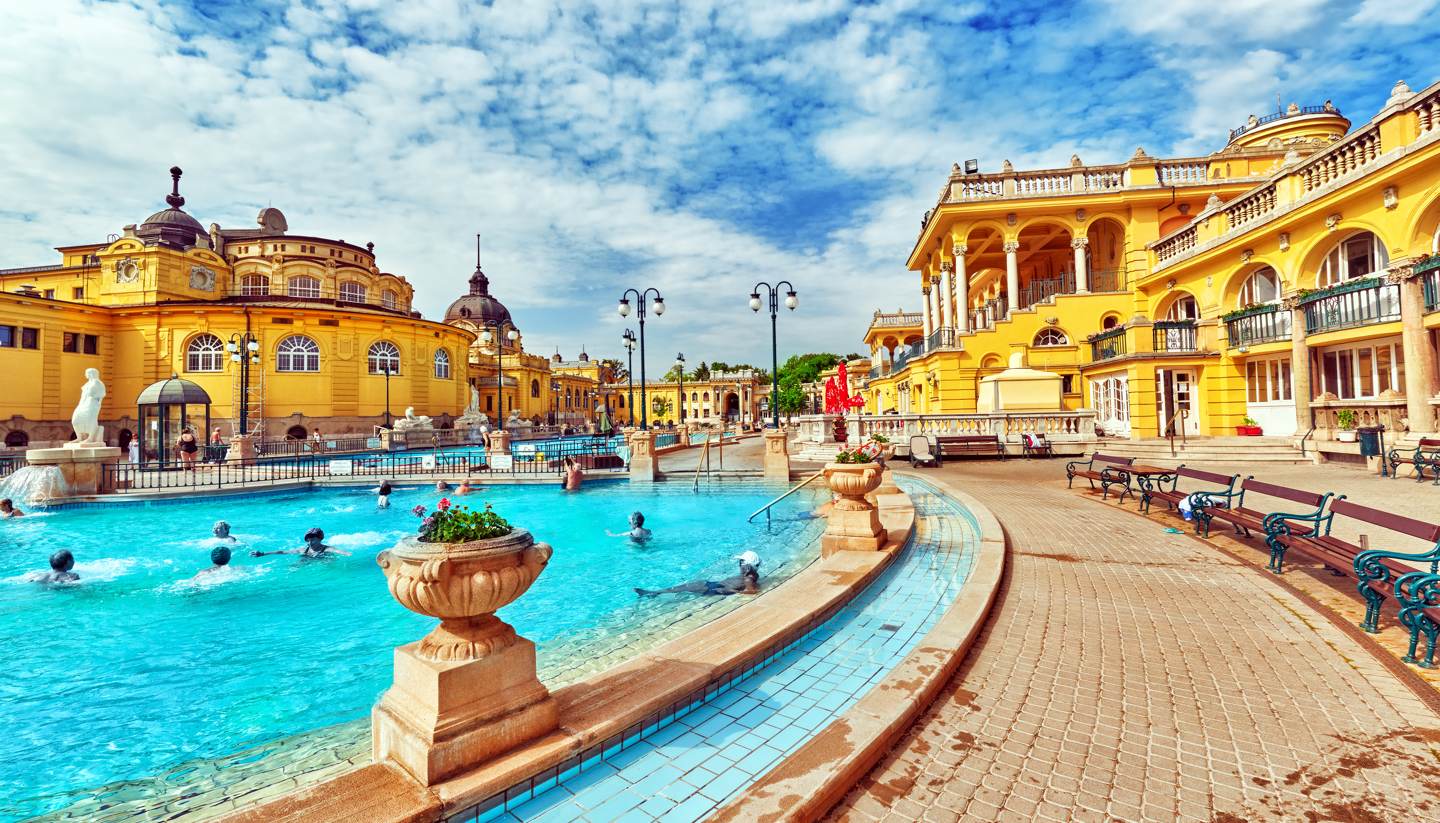Slovenia Health Care and Vaccinations
| Title | Special precautions |
|---|---|
Health Care
Slovenia has a well-established healthcare system, offering high-quality medical services through a mix of public and private providers. The country's universal healthcare system ensures access to care for all residents, with public hospitals and clinics available in major cities and towns. The standard of medical care is generally excellent, with highly trained professionals and modern facilities. Pharmacies are widely available and can provide over-the-counter medications, as well as advice for minor ailments.
EU citizens can use their European Health Insurance Card (EHIC) to access basic medical care, but this does not cover all costs, such as private treatment or medical evacuation. Non-EU visitors should ensure they have adequate insurance to cover unexpected medical expenses during their stay.
Food and Drink
Tap water in Slovenia is safe to drink. Slovenia is known for its high-quality water sources, and its tap water meets strict EU safety and quality standards. In fact, Slovenia prides itself on its clean and abundant water supply, much of which comes from natural springs and underground aquifers. The country also has many public drinking fountains where visitors can refill bottles with fresh, clean water.
Nonetheless, visitors should ensure that water from natural springs or streams in remote areas is treated or filtered before consumption.
Other Risks
In forested and rural areas, particularly during late spring and summer, ticks may carry tick-borne encephalitis (TBE) or Lyme disease. Visitors engaging in outdoor activities like hiking or camping should wear long clothing, use insect repellent, and check for ticks after spending time in nature.




